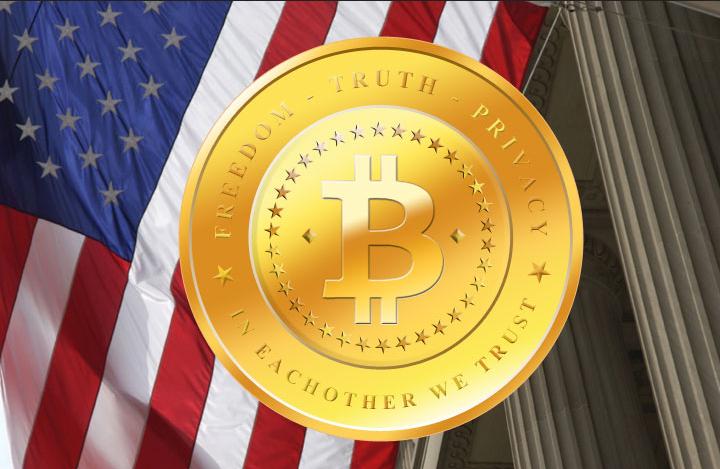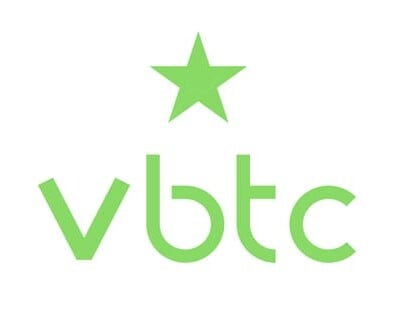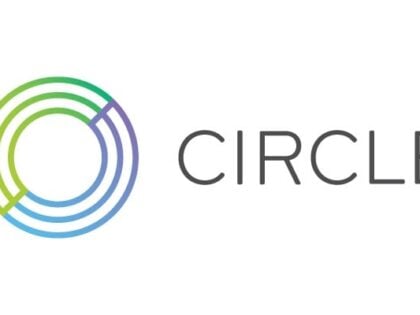
Known formerly as one of the world’s largest bitcoin exchange platforms, Mt. Gox is headed for liquidation after a Tokyo, Japan court rejected its application for bankruptcy protection. The insolvent company announced Wednesday that the District Court decided Mt. Gox would not be allowed to resuscitate itself under a business rehabilitation process that was filed in February.
Reports say that an administrator will attempt to sell any of the company’s assets, but creditors and those who had bitcoin holdings at the exchange are unlikely get any of their money back. In the court’s order, the company’s assets will be placed under lawyer Nobuaki Kobayashi until the bankruptcy process begins and a bankruptcy trustee is named.
Furthermore, Karpeles is probably going to be investigated for liability.
“The Tokyo District Court recognized that it would be difficult for the company to carry out the civil rehabilitation proceedings and dismissed the application for the commencement of the civil rehabilitation proceedings,” said CEO Mark Karpeles in a statement. “It is expected that, if the bankruptcy proceedings commence, an investigation regarding the liability of the representative director of the company will be conducted as part of the bankruptcy proceedings.”
Mt. Gox noted that bankruptcy proceedings are going to start in the United States as well as in Japan but it still remains unclear as to when they would commence. It also said in a statement that there may be a buyer of the troubled exchange.
It was reported last week that a group of investors – Brock Pierce, a former child actor-turned entrepreneur, and venture capitalists William Quigley and Matthew Roszak – were interested in buying the exchange for only one bitcoin ($511 at the time of this writing). The investors would revive the exchange and set aside half of its transactions to pay back customers who lost their bitcoins as well as the creditors who are owed money.
More than 850,000 bitcoins worth several hundred million dollars were unaccounted for in February – it later discovered 200,000 bitcoins in a 2011 digital wallet. The virtual currency exchange blamed the theft on malleability attacks, but a recent study presented the case that it would be a lot more plausible if a few hundred bitcoins were stolen rather than the suggested figure.
Bitcoin still remains to be a regulatory headache for law enforcement agencies, the government and central banks because the virtual currency presently sits outside the jurisdiction for most public entities. Many elected officials have lambasted bitcoin for being associated with illicit transactions and criminal activities.
It is still unknown as to who created bitcoin in the first place. Earlier this year, Newsweek claimed that 64-year-old Dorian Satoshi Nakamoto was the inventor, but follow-ups disproved the theory. Now comes word that a new study has possibly pegged Nick Szabo, a former law professor at George Mason University as the probable father of the cryptocurrency.







